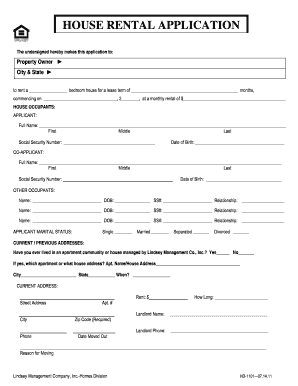A little-known program sponsored by the Department of Housing and Urban Development allows police officers, teachers, firefighters and emergency medical technicians to buy certain homes for half price. Prospective buyers must use a HUD registered Broker and must have a pre-qualification letter from a lender. A nationwide database listing available homes can be found here and on a litany of Homes for Sale sites. If you are the successful bidder then the contract and earnest money must be sent to HUD within 48 hours.
If the property doesn’t sell, FHA insurance pays off lender claims and HUD takes title, thus creating a ‘œHUD home.’ In effect, HUD homes are the government equivalent of REO (real estate owned) properties owned by lenders in the private sector. HUD Homes may be purchased by any individual, company, HUD-approved non-profit organization, or government entity that can secure financing or pay cash for the property.
Any individual who can qualify for a mortgage or who can pay cash may purchase a HUD home. There are many investors waiting for HUD homes to make it to the investor bid period, and most good deals will get bid on the first day an investor can bid. A HUD registered real estate agent or broker must place an offer in the form of an electronic bid on behalf of the client.
HUD does not open bids first thing in the morning, they usually open them mid morning or later depending on how busy they are. In fact, in the case of HUD homes, there are cases in which 50 percent discounts are built-in. Nonprofit – Eligible nonprofit organizations can bid on homes in lottery, exclusive, and extended phases provided they are in approved purchase areas.
If a HUD home goes under contract on the 11th day and that contract falls apart, then the home would come back on the market 11 days into the bid period, not 30 days or however the home has been for sale. If your bid is not acceptable and no other acceptable bids have been placed you may re-bid or raise your bid until you find a purchase price that HUD will accept.